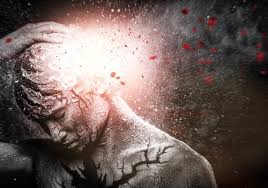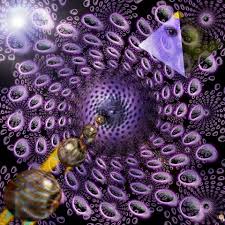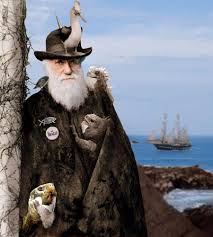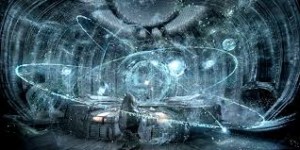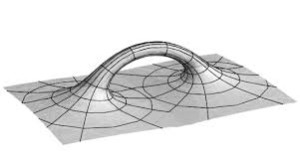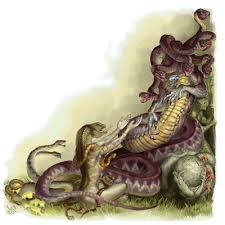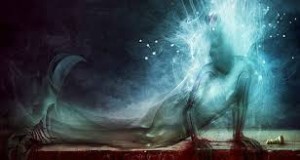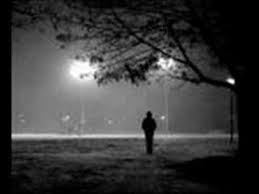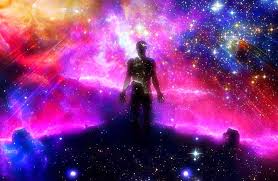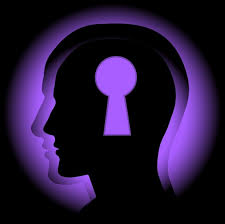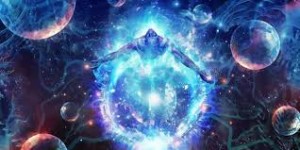To be left-or right -handed has to do with inner mechanisms and brain patterns that come first, before the motions of the hands. Characteristically I operated in certain manners that resulted in the primary use of either hand.
The ego is not the most powerful or the most knowledgeable portion of the self. It is simply a well-specialize part of the personality, fully equipped to operate under certain circumstances. When those conditions no longer exist [after “death”], then other layers of the self take over the dominant position, and the personality realigns its psychological components. The ego does not disappear, however; it merely takes a back seat in some respects, as our own subconscious does during physical existence. The ego is under the control of what may loosely be called “the inner self.” The survival or nonphysical personality has somewhat the same relationship to the ego as the dreaming personality has to it in physical life.
When communication takes place between a survival personality and one who exists within the physical system, this involves a reshuffling on the part of the survival personality, where the ego is momentarily given greater reign. If this was not done, then in most cases communication would not be possible, just because the survival personality would have such difficulty impressing the personality who was still ego-oriented within the physical system.
The nonphysical personality does not think of words, but experiences concepts in a much more direct manner. This sort of thing simply could not be understood by the physically focused individual. The survival personality’s inner self gives this reassembled ego ideas in the same way that, often, the subconscious gives the ego concepts in physical existence. This reassembled ego then attempts to perceive these insights in terms of sense perceptions, which are sent to the physical individual at the other end. Sometimes the communications are made directly, though they must be sifted through the subconscious of the one who is physical. When that person is trained along these lines, he or she helps in this process, and psychological framework, like a bridge, is erected that serves to connect the two personalities.











